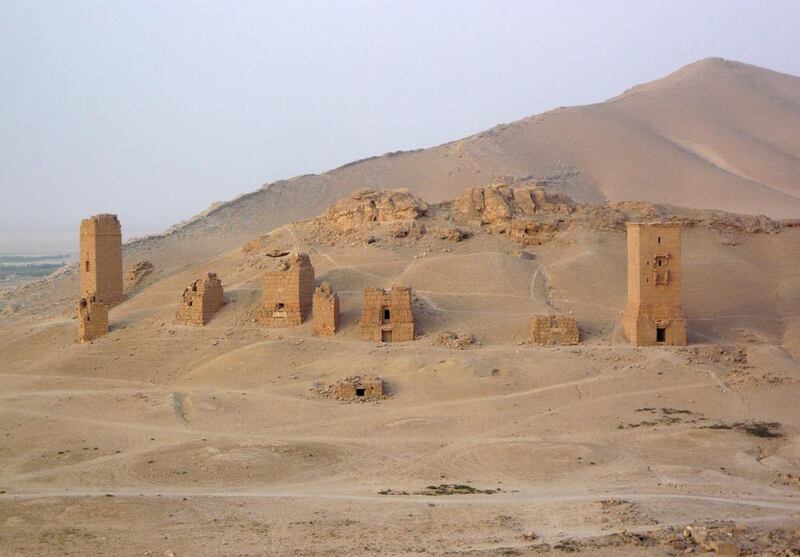‘There was a time, when I blamed my companion if his religion did not resemble mine. Now, however, my heart accepts every form ... Love alone is my religion.”
In an era of hate, fear and extremism, remembering these words of wisdom by Ibn Arabi (1165–1240 AD, 560–638 AH), also known as Al Shaikh Al Akbar (the Great Shaikh), is more important than ever.
He is not as well known to the wider world as Jalal ad-Din Muhammad Rumi, the popular 13th-century poet and scholar, but his work is just as important.
This famous Muslim scholar, mystic, poet and philosopher of Andalusian origin will now be reintroduced to a whole new generation, as Ibn Arabi is being honoured as the “Personality of the Year” at the 2017 Abu Dhabi International Book Fair.
He was born in Murcia and although his family later moved to Seville, there is a claim by his father's family of being descended from the legendary Arabian poet Hatim Al Tai, who was known for his extreme generosity and whose own story should also serve as an important role model. It is his legend that is behind the Arabic saying: “more generous than Hatim.”
Why is the revival of this region’s own characters important? Because regularly we hear parents complain that there are no role models for their children, and young people grumbling that here are no interesting heroes for them to discover. Yet there are hundreds of figures and stories, but they haven’t been taught properly in schools and they are not often mentioned at home.
There are some wicked and evil famous characters as well – and from them we can also learn a lot and even have fun with them.
I witnessed some poignant scenes while on a trip this month to Al Sayaheed, a desert village in Rumah, one of the governorates of Riyadh Province, where the King Abdulaziz Camel Festival was being held. Many young Saudi visitors were in awe of some of the things they learnt about camels, about the history of Arabs and even about how traditional homes once looked. Several times I heard someone tell the guide inside the village’s planetarium dome: “Really? There are stars with Arab names?”
One of the guides, a Saudi student studying engineering, fell in love with his country’s heritage while working at the festival and is now thinking of studying for a master’s in Arab history.
“I took my own country’s legacy and this region’s amazing history for granted,” he said.
Interestingly enough, another twist is that for the longest time, for something Arabian to be considered worthy, it had to be “validated” by the West.
And that sentiment still exists. At the King Abdulaziz Camel Festival, the local TV station chased after one of the British journalists who’d come to report on the festival and asked him to say something in English about what he saw.
Then they turned to me and when I replied in Arabic, they said: “No, no. Say it in English please.”
This is a trivial example, but it happens a lot, and it is not that difficult to understand that when someone holds an event celebrating their own’s culture, they want a guest from outside to be impressed and to talk about it in extraordinary terms.
This push to preserve heritage in the Gulf countries, may have been partly driven by the destruction of older Arabian civilisations in neighbouring countries, such as Iraq and Syria.
We all know who is to blame for this carnage: cancerous extremist groups and militias who loot and bomb and bulldoze everything in their path as they seek to impose terror and discord.
Ibn Arabi’s tomb in Damascus is at risk of being destroyed by the extremists, who have already destroyed the tombs of prophets, philosophers and famous figures out of sheer spite and contempt.
So a religion of love, peace and forgiveness is what is really needed today to replace all this hate.
rghazal@thenational.ae
On Twitter:@arabianmau





